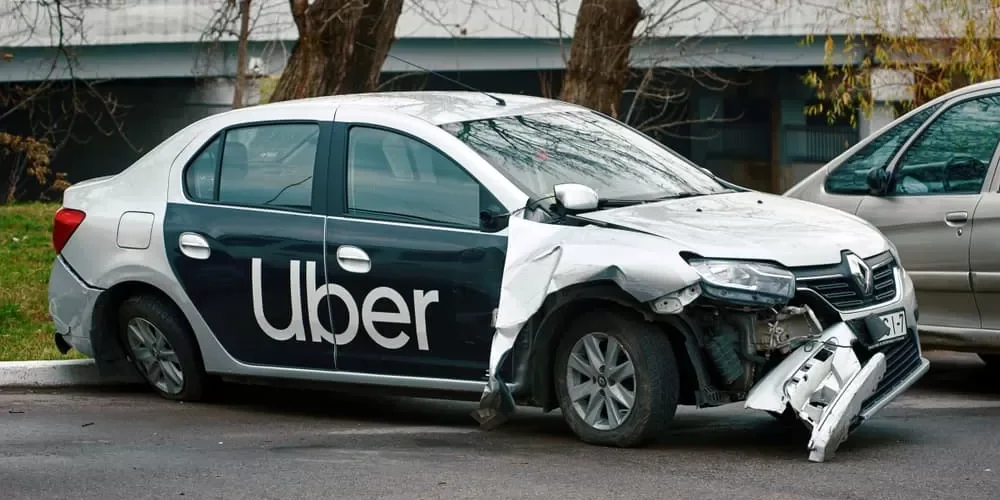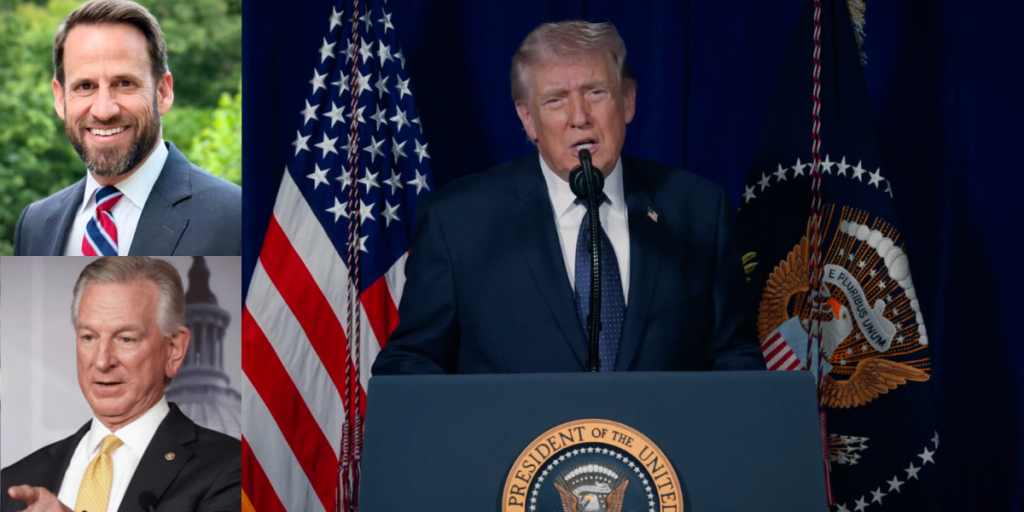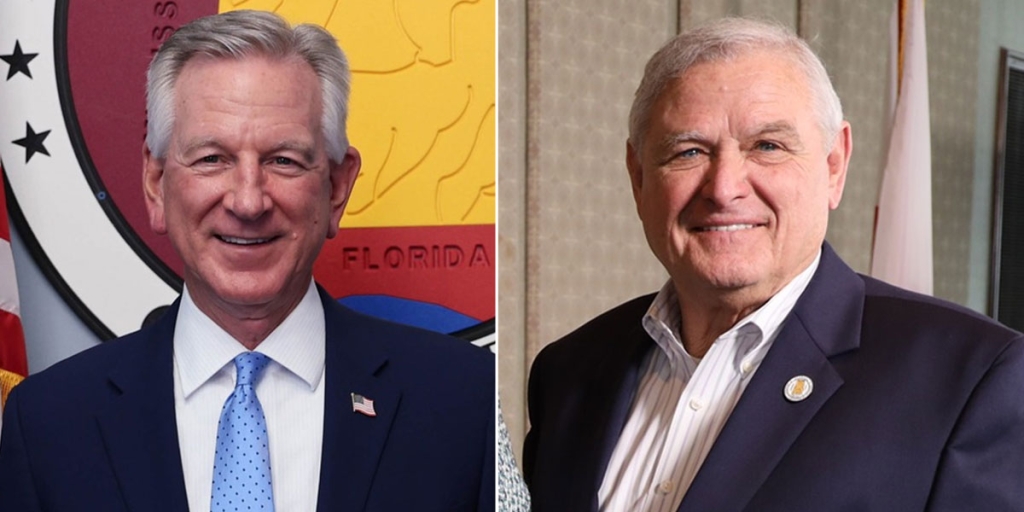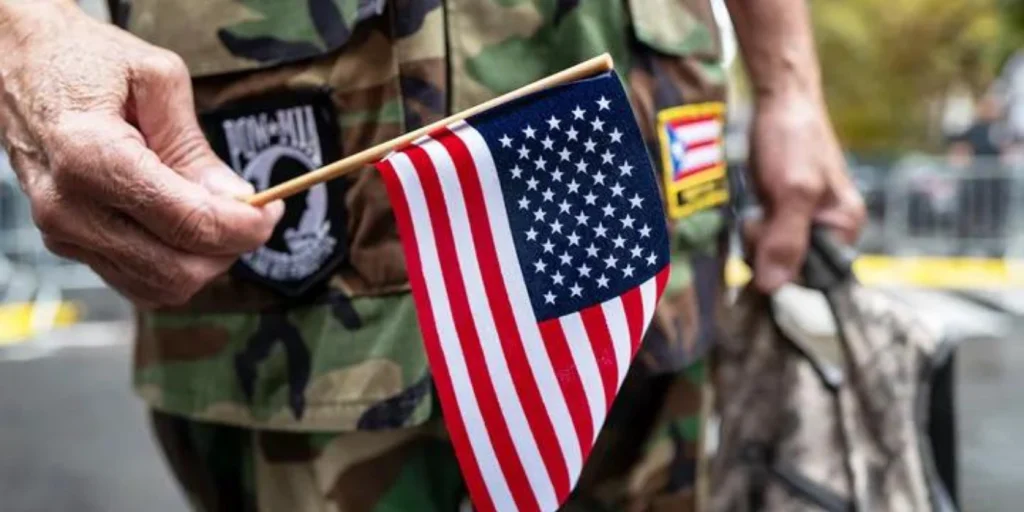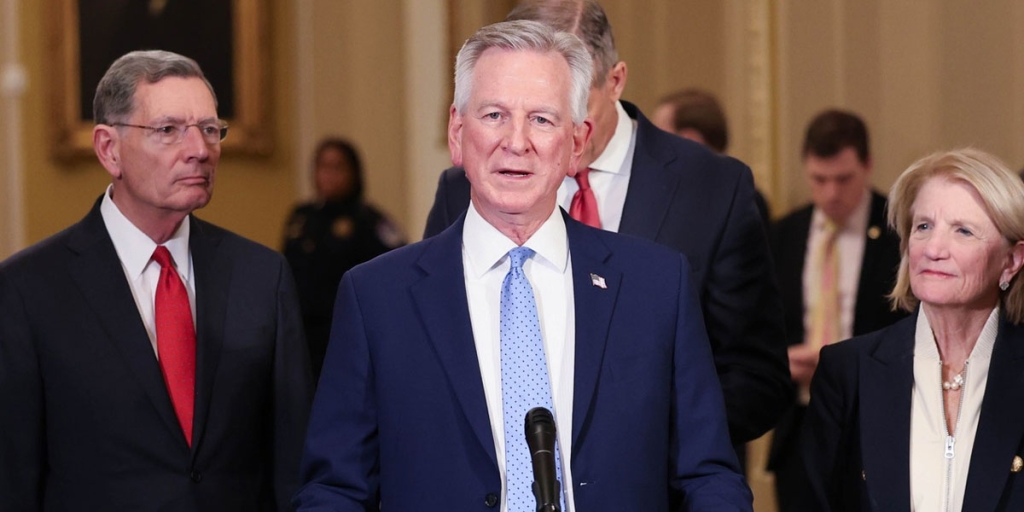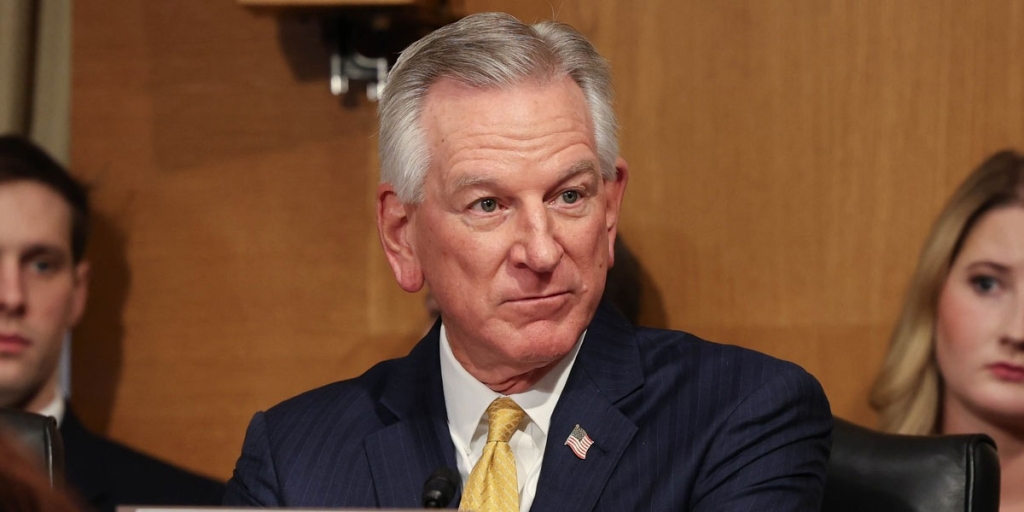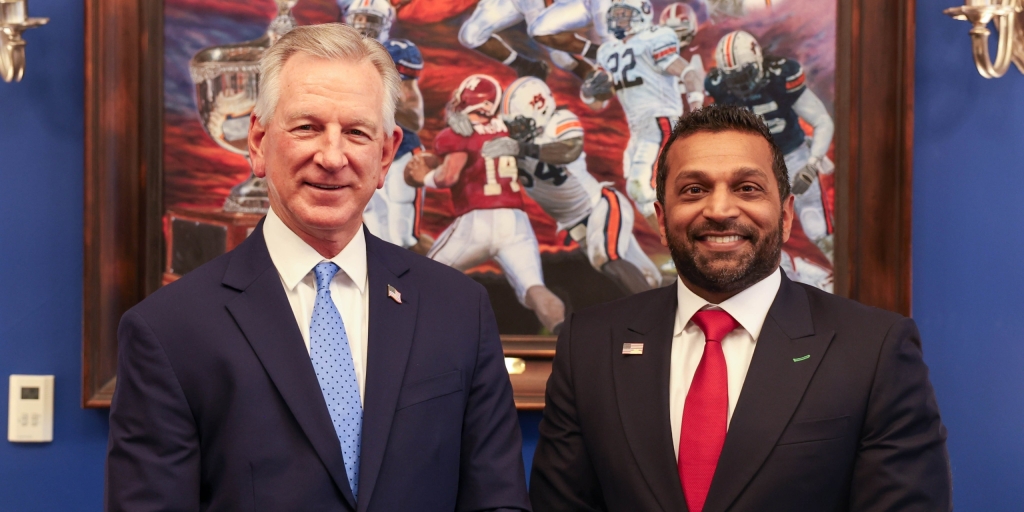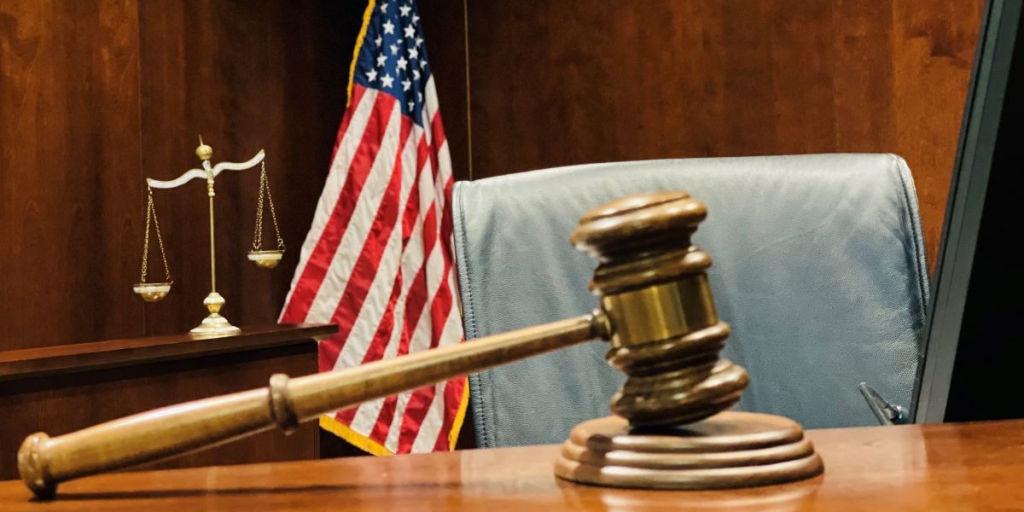When I was in college, if we needed a ride, we would either call a friend or walk home. These days, however, millions of Americans rely on rideshare services like Uber and Lyft.
And the truth is, many of us get into a rideshare vehicle without any clue who is behind the wheel.
As someone who has spent a large part of my life in college towns and the past few years in Washington D.C., I know just how important rideshare drivers have become. While these apps provide a great service, they can also pose a serious threat to many passengers.
I have heard from countless people who have had negative—and sometimes even scary—rideshare experiences. If you have ever used Uber or Lyft in a big city like D.C. or New York, you have likely experienced a driver who doesn’t speak English.
This begs further questions—is the driver able to read and obey road signs? If something goes wrong, would this driver be able to communicate what is going on or ask for help? Not to mention that some of these non-English speaking drivers don’t adhere to basic rules of the road.
That’s why I decided to do something about it. I introduced the Understanding Basic English Requirements (UBER) Act in the Senate.
It’s pretty simple—if you are going to drive for rideshare services like Uber or Lyft in the United States, you need to be able to speak our official language. If you want to live and work here, you should be proficient in English. This isn’t just commonsense—it’s potentially life-saving for both drivers and passengers.
People may not know this but rideshare companies like Uber can receive taxpayer dollars through contracts with the federal government. So, this isn’t just about safety—it’s also about holding these companies accountable to the American people.
If they don’t enforce English-literacy standards, they should have to face the consequences.
My bill would make sure no rideshare platform receives a federal contract for at least five years if they are unwilling to comply.
This legislation also requires rideshare companies to make their drivers meet the same federal minimum standards as Commercial Driver’s License (CDL) holders to ensure an extra layer of safety for Americans. These companies have an obligation to protect their passengers by making sure their drivers are vetted and proven to be safe on the road.
The reality is, people will do anything to make their lives easier. And because these huge companies know that consumers will pay for convenience, they have taken our safety for granted.
While using taxpayer-funded grants, rideshare platforms have hired drivers who cannot read a stop sign. This is not to mention the real concerns about if some of these drivers are even here legally. Is this who you want driving your family? I sure don’t.
If these platforms are going to benefit from taxpayer dollars through these contracts, they should be held accountable for who they are putting behind the wheel.
Unfortunately, these problems aren’t limited to rideshare platforms. There have recently been multiple fatal crashes involving commercial truck drivers who don’t speak English.
Just a few months ago, Thomasville, Alabama was the site of a fatal crash where two people were killed and four others were injured because of a Ukrainian truck driver who doesn’t speak our language.
That’s why I also introduced the Secure Commercial Licensing Act, which would require all commercial driver’s license testing to be conducted in English only.
You’d think these commonsense bills wouldn’t be controversial. Unfortunately, many of my Senate colleagues seem to care more about making illegal aliens comfortable than they do the wellbeing of their own constituents.
Too many accidents are happening as a result of non-English speaking drivers who should have never received their licenses in the first place. I’ll never stop fighting to make sure Alabamians feel safe when they call an Uber or get on the road.
U.S. Senator Tommy Tuberville is the senior senator from Alabama, a member of the U.S. Senate Veterans Affairs committee, and a candidate for Governor of Alabama in 2026.




